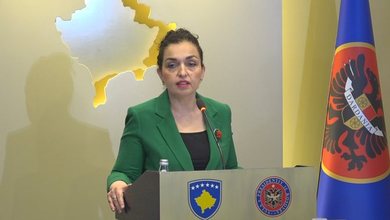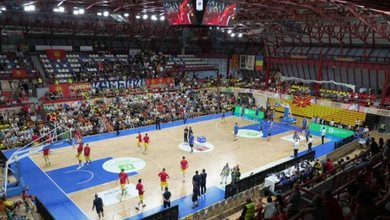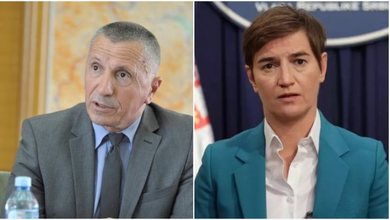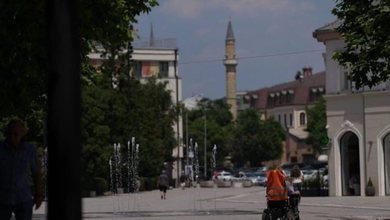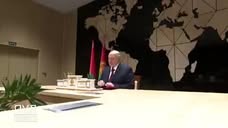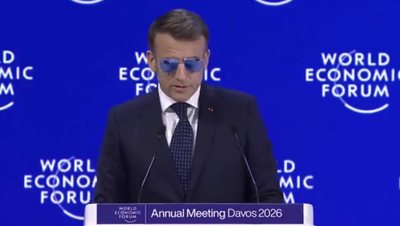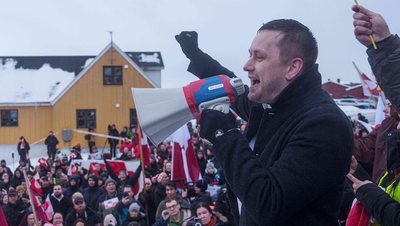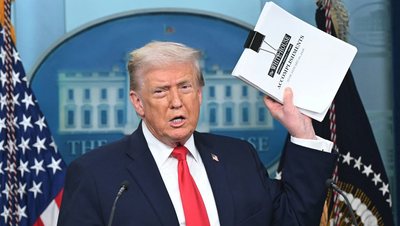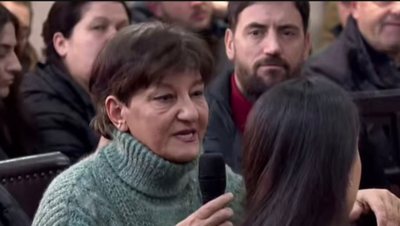
The Central Election Commission of Bosnia and Herzegovina has adopted the decision to remove the mandate of the President of the Republika Srpska entity, Milorad Dodik, following a final decision by the Court of Bosnia and Herzegovina, which sentenced him to one year in prison and a ban on holding public office for the next six years. According to the CEC, Dodik's mandate will end after the expiration of the deadline for appeal, according to legal provisions. The decision to sentence him to prison and ban him from holding political office came due to the failure to comply with the decisions of the international High Representative in Bosnia, Christian Schmidt, questioning the institutional stability of the Serb entity in the country. In accordance with the Electoral Law of Bosnia and Herzegovina, an elected official's mandate is terminated at the moment a criminal decision enters into force, if it includes a prison sentence of six months or more. According to this verdict, Milorad Dodik will not be eligible to run for any political office for the next six years.
An appeal against the CEC decision can be filed within two days of receipt, through the Central Election Commission, with the Appellate Department of the Court of Bosnia and Herzegovina. If the decision is not overturned by the appeal, early elections for the President of Republika Srpska are expected to be announced, which must be held within 90 days. Meanwhile, regular general elections in the country are scheduled for October 2026.
Dodik has said he will not step down despite the final decision. His party, the Alliance of Independent Social Democrats (SNSD), has strongly opposed the decision, calling it politically motivated. The SNSD has called on the opposition to form a “government of national unity” in Republika Srpska and for a common position in Bosnia’s state institutions, with the aim of returning the status of RS to what it says is “guaranteed constitutional frameworks.”
On the other hand, Dodik's defense has announced an appeal to the Constitutional Court of Bosnia and Herzegovina, with the aim of contesting the criminal verdict and arguing the unconstitutionality of the process. The RS government has also opposed the decision, calling it "legally invalid, unconstitutional and politically motivated."
In an extraordinary session held in Banja Luka on August 5, RS authorities declared that the Court and Prosecutor's Office of Bosnia are "politicized" and have conducted a fabricated process against the current president, who, according to them, has acted in accordance with constitutional and legal competences.
Milorad Dodik was found guilty of signing a decree that put into effect several laws passed by the Republika Srpska parliament that had previously been annulled by the international High Representative. These laws were intended to prevent the implementation of decisions of the Bosnian Constitutional Court and international authority on the territory of the Serbian entity. Meanwhile, his co-defendant in the case, Miloš Lukić, acting director of the RS Official Gazette, was found not guilty and acquitted of all charges.




